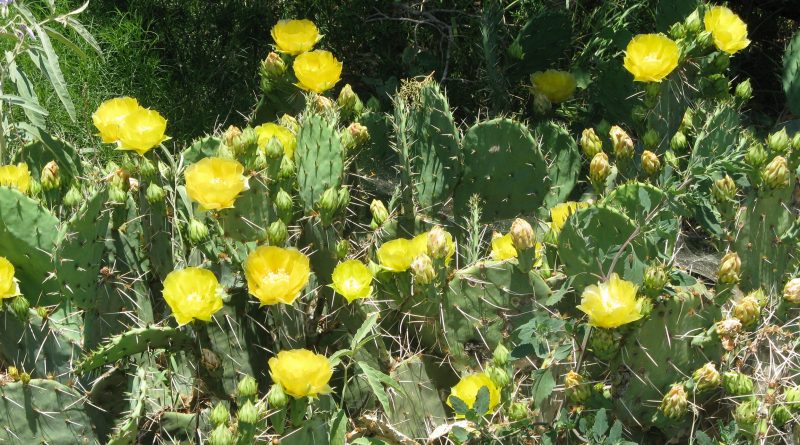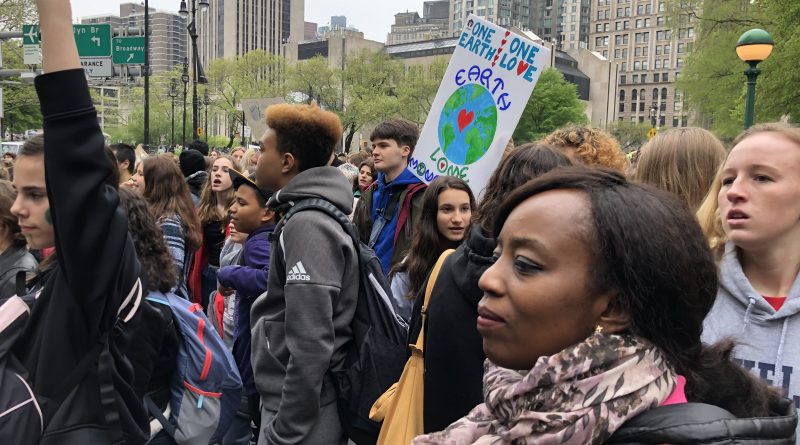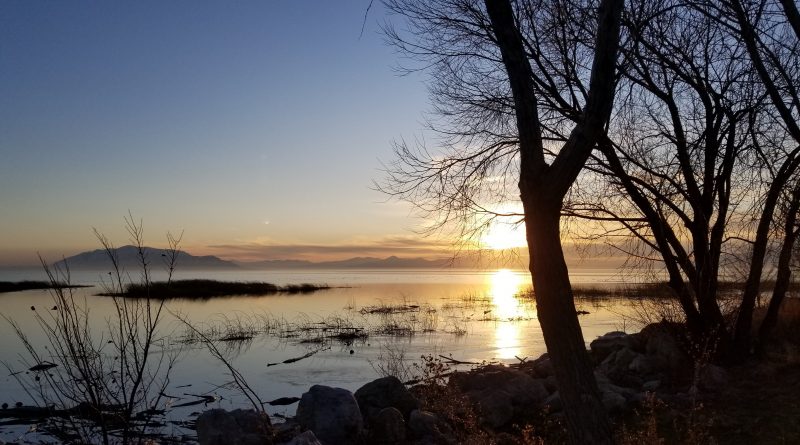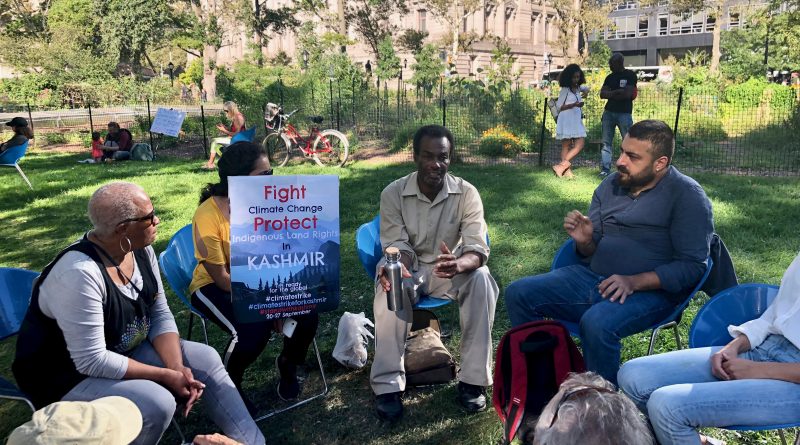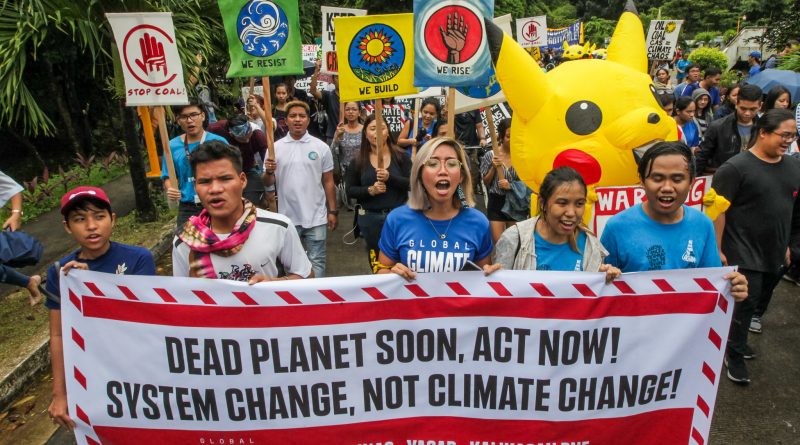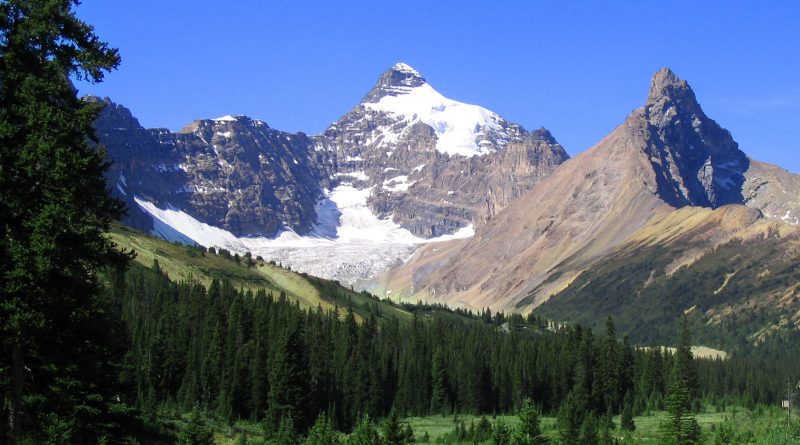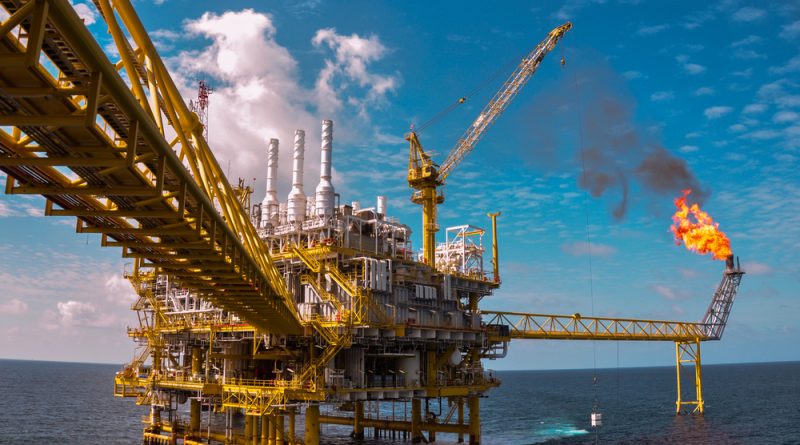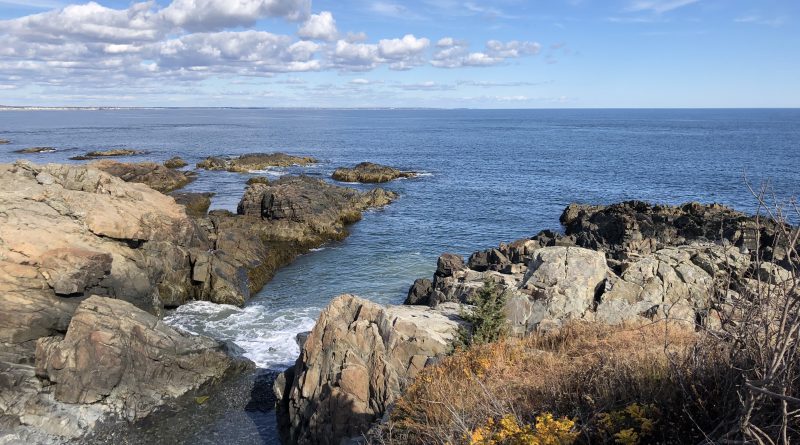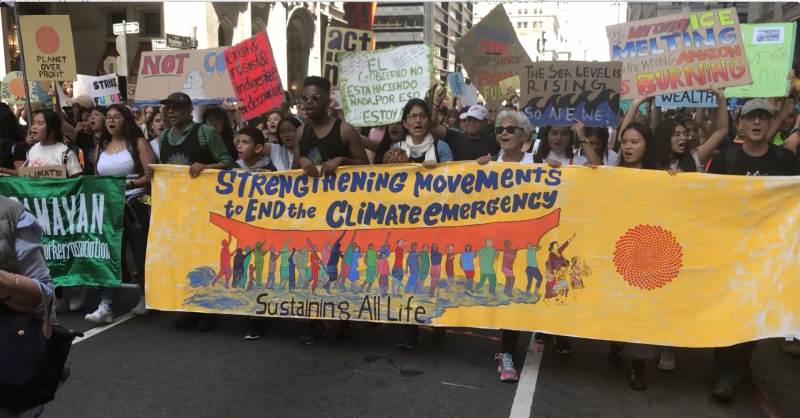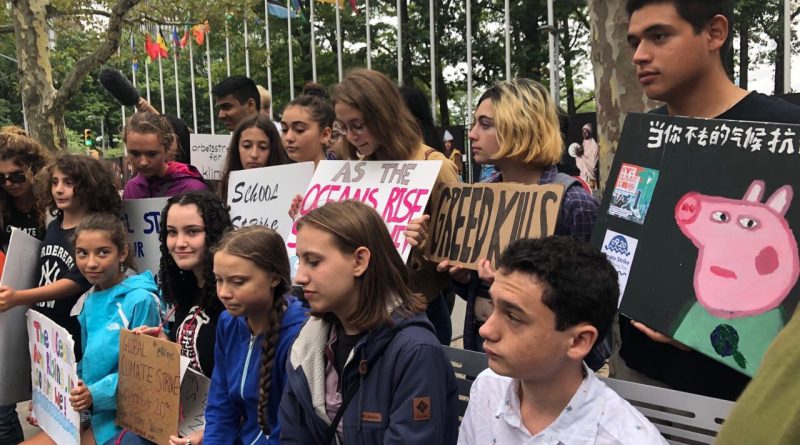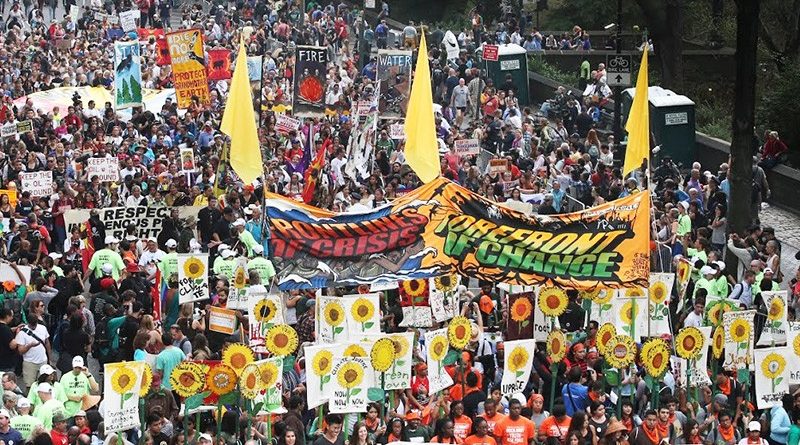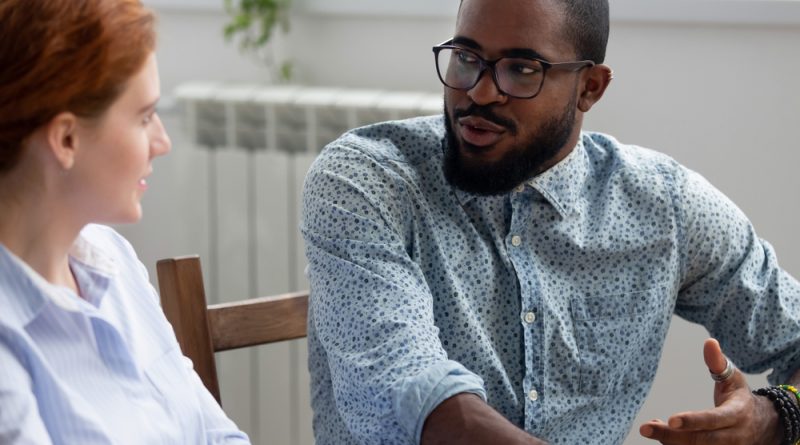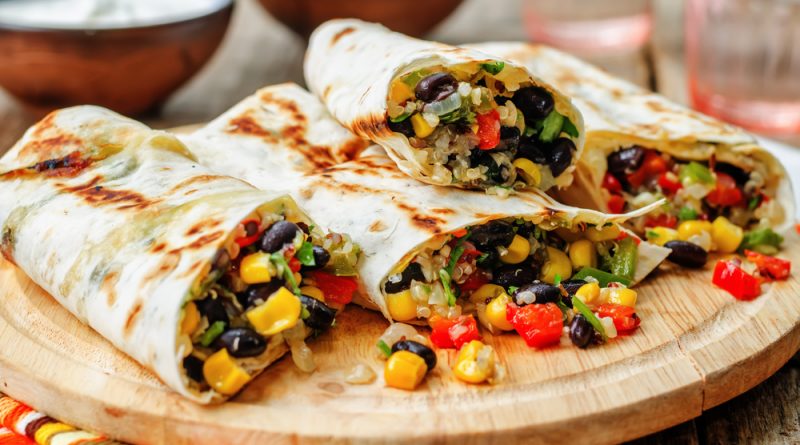Retrospective – 12 Starters for “Talking Climate” with Everyone
This month, March 2020, marks the one-year anniversary of my blog, “Love, justice, and climate change … I know you can make a difference.” – 25 posts in all. Whether it’s because you have a busy life, or because you only recently started reading this blog, you likely haven’t read all of them. This post provides a retrospective of the first 12 posts (more to come later) — an annotated table of contents, if you will. This will let you see what’s there and perhaps go back and read ones that are of special interest to you.
Read more